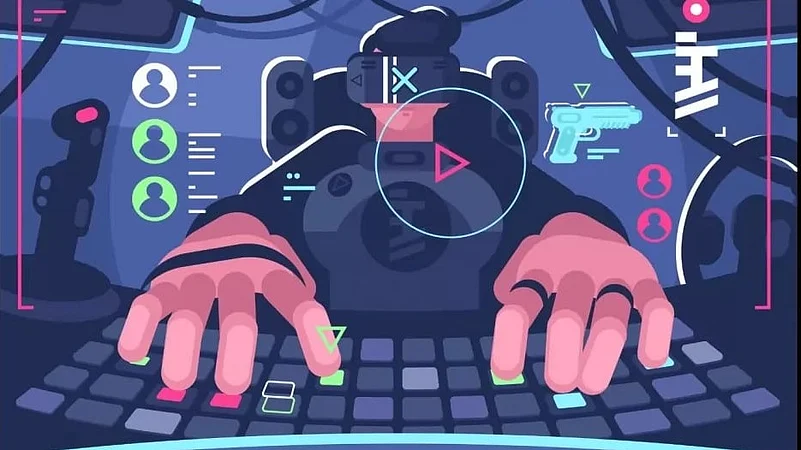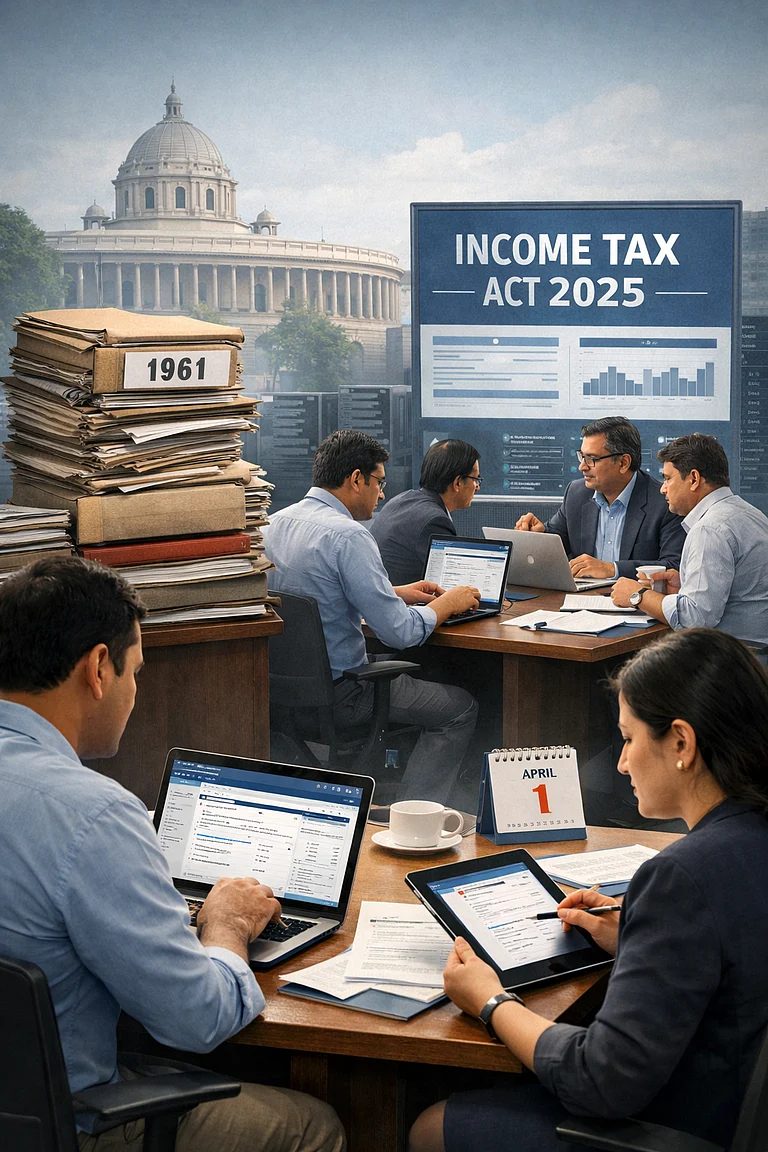Indian celebrities and social media influencers, including Vijay Deverakonda, Rana Daggubati, and Prakash Raj, have come under the scanner of the Enforcement Directorate (ED). The enforcement agency has launched a probe against over 20 celebrities and influencers under the Prevention of Money Laundering Act (PMLA) for allegedly promoting illegal betting apps, PTI reported. ED’s crackdown reportedly comes after multiple FIRs were booked against celebrities in states like Telangana and Andhra Pradesh for receiving payments in exchange for promoting the betting apps.
Celebrities Under ED’s Radar
Celebrities like Deverakonda, Daggubati, Manchu Lakshmi, Raj, Nidhi Agarwal, Pranitha Subhash, Ananya Nagalla and several others have been reportedly booked by the enforcement agency for allegedly endorsing online betting apps like Junglee Rummy, JeetWin, Lotus365, etc., in exchange for getting a celebrity or endorsement fee, PTI reported.
The matter came to the surface as people filed FIR against these platforms, alleging that they were cheated by these apps and lost significant money in the process. In the promotional videos, where these celebrities were featured disguised as entertainment or social service. One of the app users alleged that he has lost over Rs 3 crore after being influenced by advertisements on YouTube, where these influencers appeared to be promoting the online betting platforms, the Hindu reported. The incident has shined light on the huge influence these celebrities and influencers have over consumers' choices and how it can be leveraged by online gaming and betting apps to allegedly deceive users.
ED has just initiated its investigation and is likely to summon these app owners and celebrities to chart out the exact role played by them and the amount of money that people lost. Upon hearing the side of app owners and celebrities, the agency is likely to determine their guilt.
Gaps in Laws Governing Online Betting Apps
The Indian gaming industry has witnessed sharp growth, including online betting and gambling-related activities fueled by increased smartphone and data penetration, and a young demographic. The market is projected to grow at 27% from $2.6 billion in 2022 to $8.6 billion by 2027.
While the market is experiencing growth, the laws regulating it haven’t gone through a major reform. Online betting and gambling-related apps are regulated under the Public Gambling Act of 1867 and cover games like playing cards for money, betting on match outcomes, online poker or roulette and lottery games. It is a broad framework that prohibits owning, operating, or maintaining a gaming house and prescribes penalties for the same. The legislation doesn’t carefully define whether a gaming house means a physical property where such activities take place or extends to an online platform as well, resulting in a grey area that could be exploited.
Another regulatory gap that the recent incident resurfaced is that while the 1867 act is central legislation, gambling is a state list subject, meaning what game may be legal in one state may not be in another. For instance, Telangana and Andhra Pradesh have banned online gambling and prescribe strict penalties for celebrities or influencers for breaches. On the other hand, there are states like Sikkim and Nagaland, which have allowed it but with regulatory controls like licensing frameworks.
Another crucial unaddressed gap persists in the realm of advertisement and marketing of these online gambling and betting apps. While direct promotion is largely controlled, affiliate marketing via online platforms like YouTube and other social media platforms is still being done. This marks another area where the law and business practice seem to add uncertainty.
While these laws deal with the practice of gambling, the Consumer Protection Act of 2019 offers protection to those customers who fall prey to deceptive practices of gaming platforms. Another significant piece of legislation is the Information Technology Act of 2000, which broadly governs all online activities, but to what extent it covers online gaming platforms and apps is still unclear. The lack of clarity exists despite the Ministry of Electronics and IT’s (Meity) introduction of a self-regulatory framework under the online gaming rules and requires all the real-money gaming apps to register and verify their operations.
The need for a uniform law governing the industry has been raised by several key constitutional institutions in the country, including the Allahabad High Court and Telangana chief minister Revanth Reddy.
The Narendra Modi-led central government had earlier talked about introducing a Central Online Gaming Regulation Bill, which is still under the consultation phase. With no uniform-level legislation to address the gaps in colonial-era law, the uncertainty is likely to persist with respect to online gambling and betting apps.
































